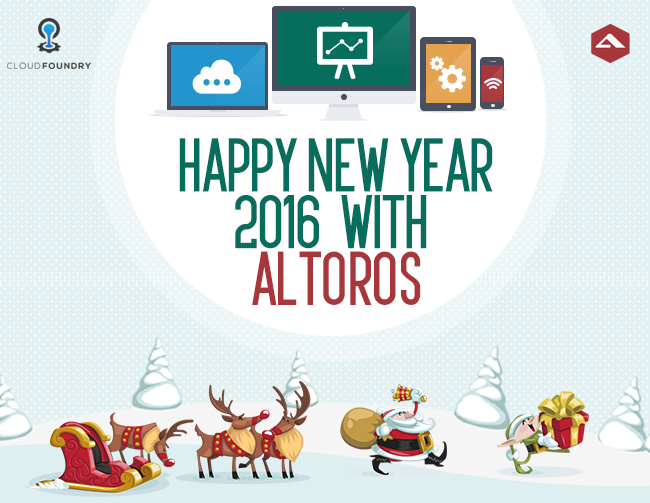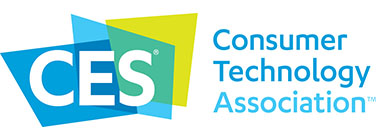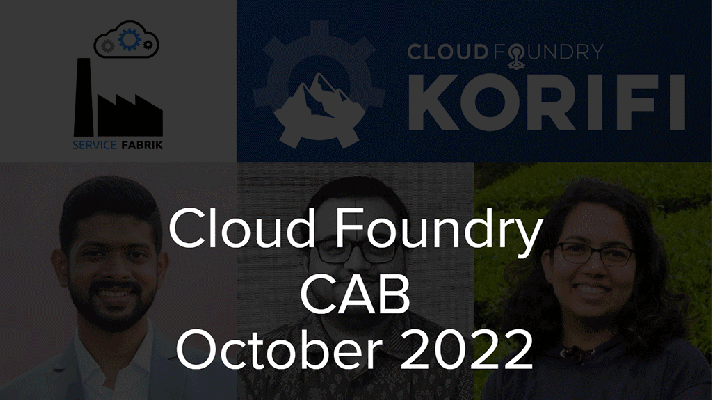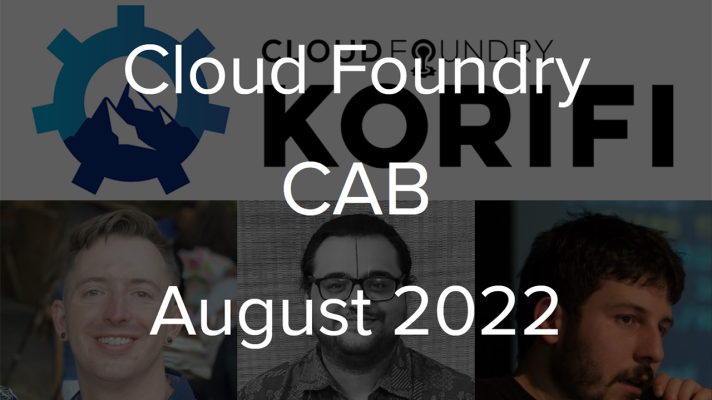2015 Mix: Cloud Foundry, Linux, Election et al

A surprisingly productive week
Most of Silicon Valley will be “dark” this week, an annual tradition that started in the days of “rightsizing” and the George H.W. Bush Recession of 1991. This was the time when Walmart first surpassed Sears as the top retailer in the US, as the unemployed and underemployed sought to save as many cents as possible on as many items as possible.
When the Mosaic browser shot an initial jolt of electricity into the still-new Worldwide Web in 1993, the recession in Silicon Valley faded into the rear-view mirror, but the interregnum has continued. Many valley workers consider the holiday break to be a right these days, even as the time off is deducted from their personal days.
Things don’t come to a complete crawl (to invoke a word from the earliest days of the Web), as I witnessed this morning with the receipt of many messages from my Cloud Foundry list subscriptions. In fact, this week may be one of the most productive of the year for coders who suddenly find themselves unburdened by meetings, con calls, and the usual timewasting activities of companies large and small.
Things to remember after this brief intermission
This week is also a time to reflect on things past, present, and future:
We can look back on the growth of Cloud Foundry, its community, and its ecosystem. As previously reported here, it’s been a breakthrough year. It’s been a year in which many large, influential organizations have adopted the platform as a way of propelling themselves forward. The recent, very large announcement by Ford Motor Co. and Pivotal puts an exclamation point on this sentence.
We can contemplate the 25th anniversary of Linux—the creation of Finnish developer Linus Torvalds—which will come in October. Sure, there was open source before Linux, but equally sure is the fact that Linux was the breakthrough technology and community effort that led us to where we are today. No Linux, no OpenStack, Apache, Mozilla, Hadoop, Cloud Foundry, or thousands of other projects, products, and services.
Do you remember when Italian author Umberto Eco (“The Name of the Rose,” among others) wrote about the Mac being Catholic and DOS being Protestant? Those were the dark days of the early 90s when it seemed we were forever trapped, slowly being crushed between the machinations of two stupendously egoistic companies and CEOs. I’ll stay away from theological interpretations of Linux and Open Source, but I can say that Linux and Open Source changed all that, forever.
It’s a Presidential election year in the US. There’s no room for political speculation here, but I would ask, when will the US elect leaders who have more than a surface-level clue about technology? Remember the Atari Democrats? They are now an amusing historical sidenote, relegated to the same gallery of Good Intentions in American history as the Free Soil Party or John B. Anderson’s Presidential run.
Speaking of politics and technology, the coming year will no doubt be a big one for discussions of encryption, of government advocacy of back doors, of more noxious SOPA-style legislative proposals, of more anonymous Anonymous attacks, and of continued IT grappling with the tidal waves of mobile data being created worldwide. This final point will remind us of how difficult it is, when surrounded by alligators, to remember we’re here to drain the swamp.
The world will start spinning at its normal pace next week (though still lagging a bit in parts of Asia), with tens of thousands amongst us (but thankfully, not me) descending on Las Vegas for CES, and millions more simply going back to work to address the challenges of 2016.

What are your greatest challenges and opportunities for the coming year?









